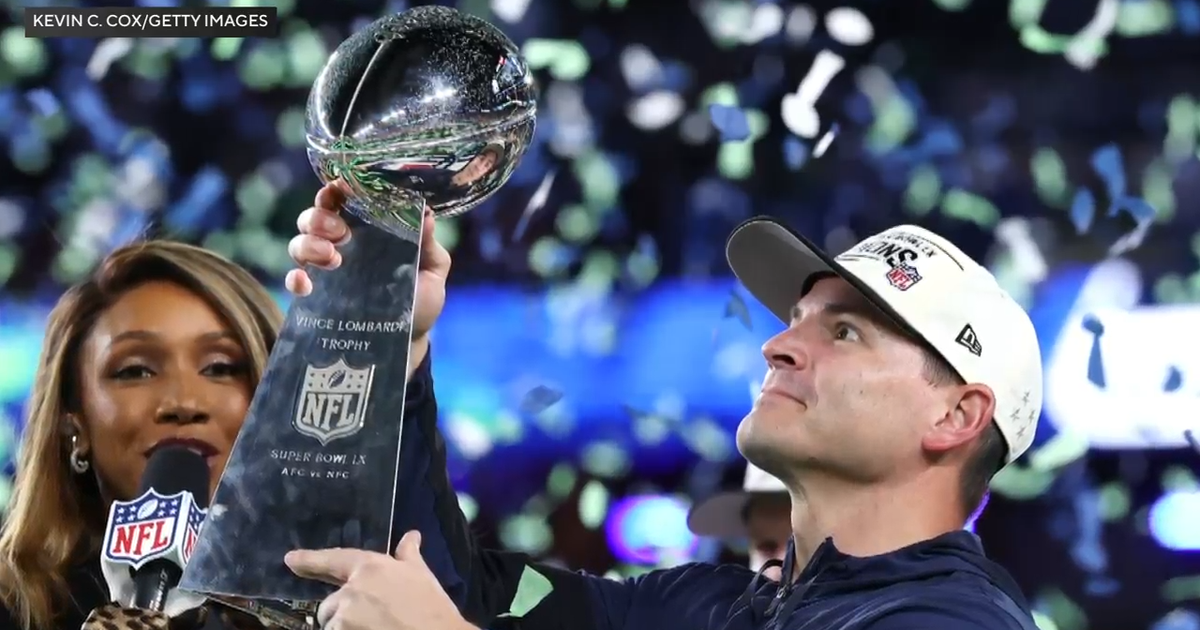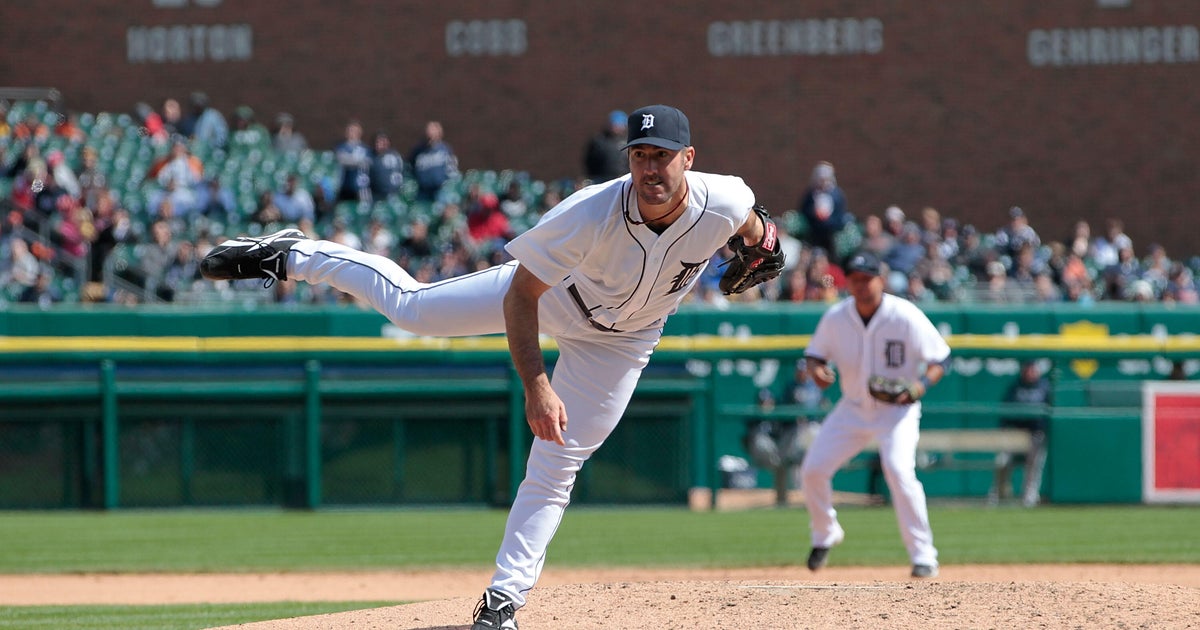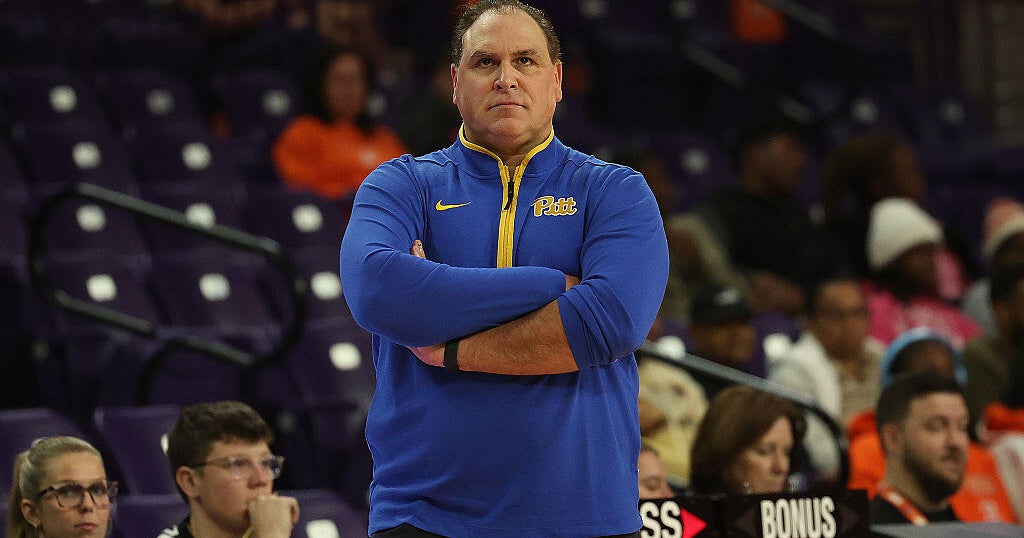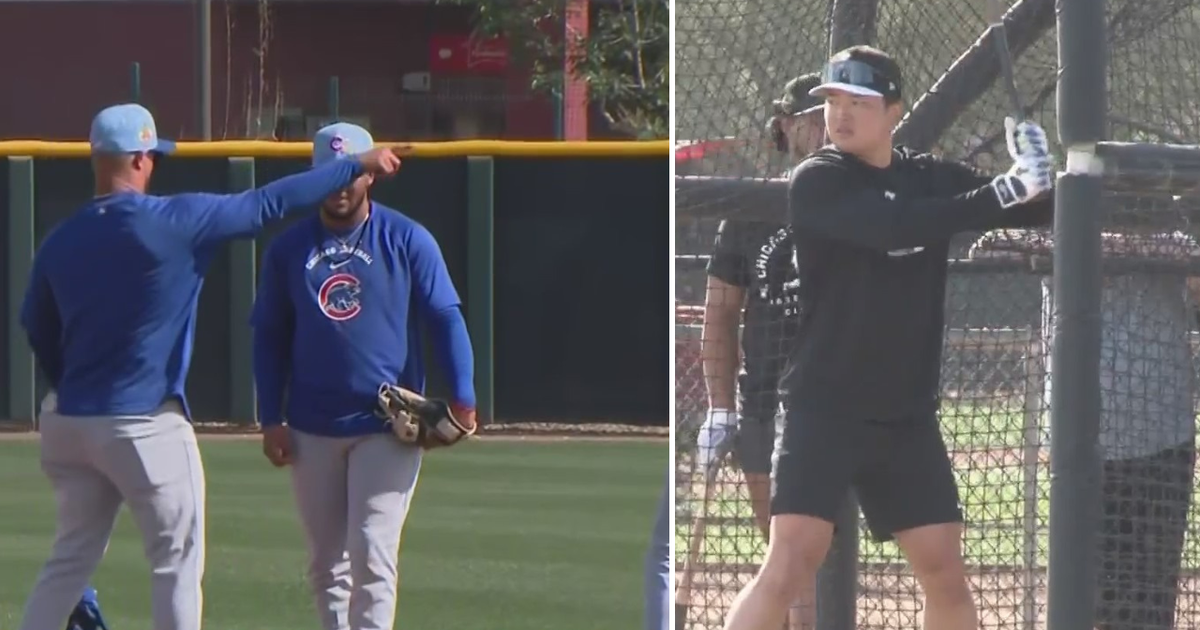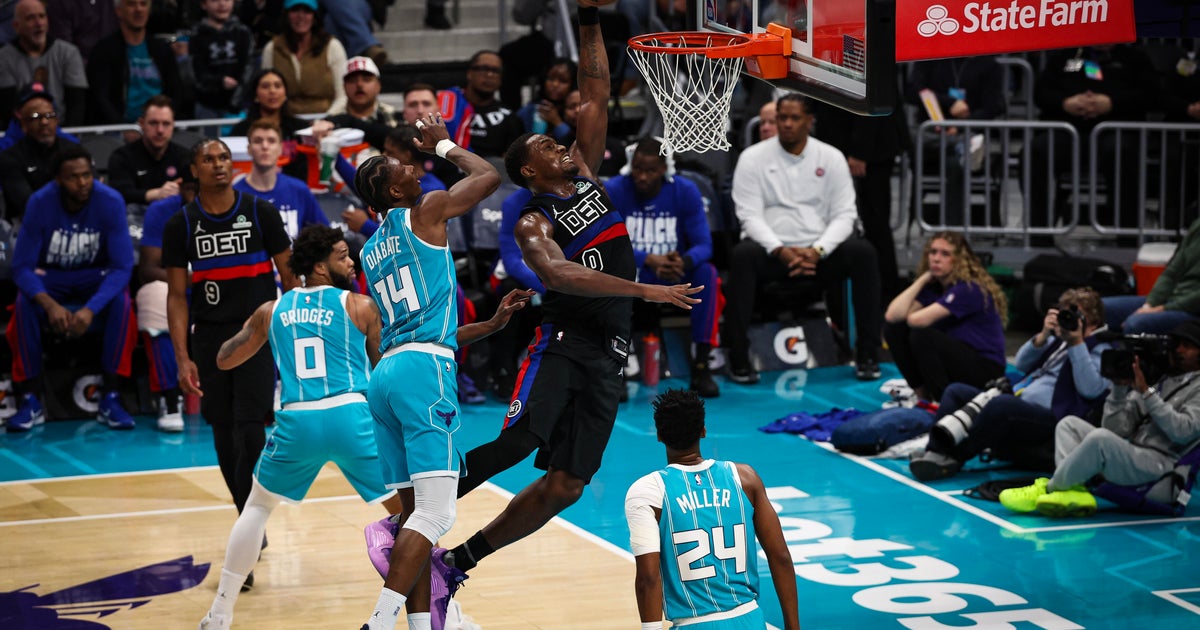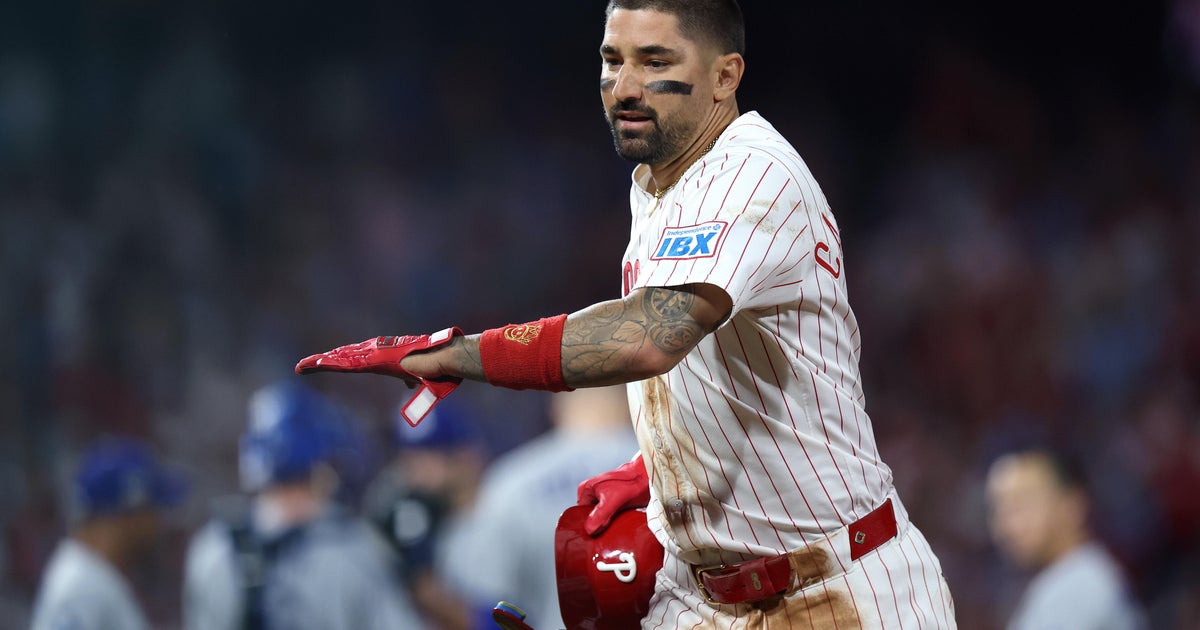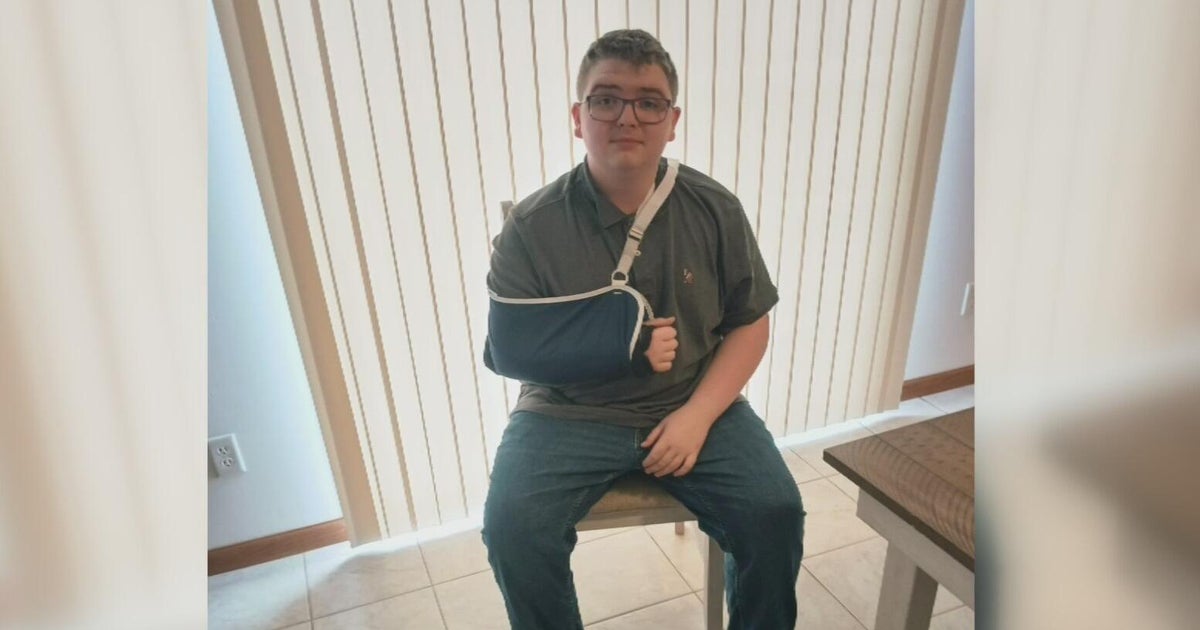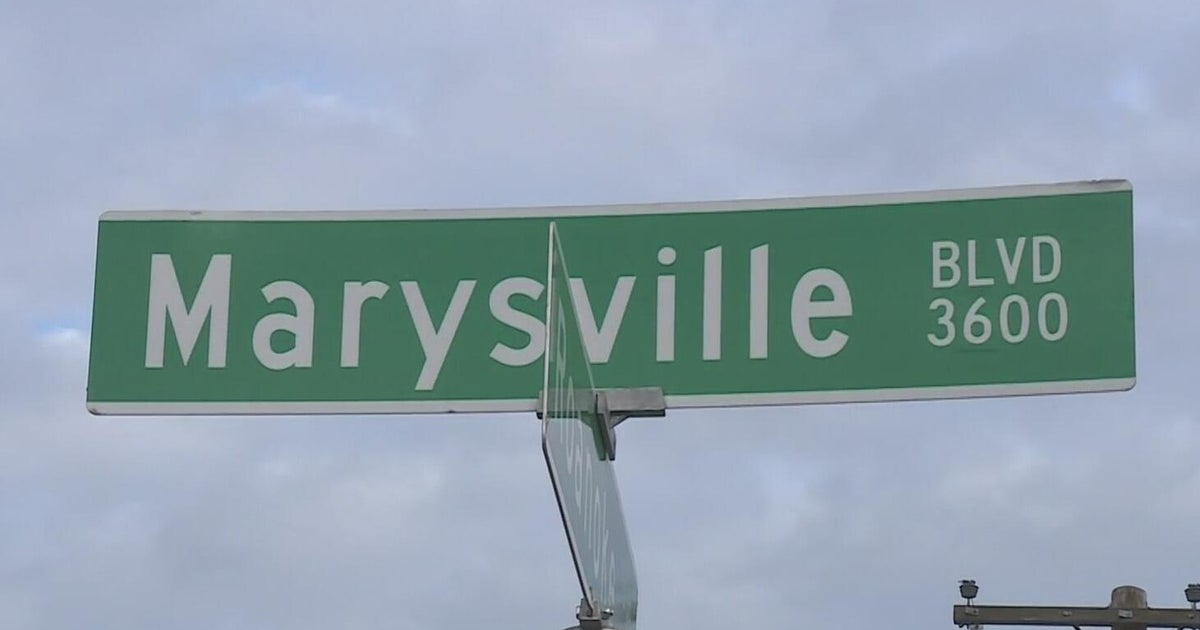Sweeny: A Sit-Down With Yankees Player Development Guru Gary Denbo
By Sweeny Murti
» More Columns
Gary Denbo is entering his second year as the Yankees VP of player development. He has been a member of the Yankees organization, however, for 22 of the last 27 years, beginning as a minor league manager in 1990.
Over the years he has worked as a manager or hitting coach at every level of the organization, including as major league hitting coach in 2001. Along the way Denbo was very influential in the young careers of future Yankees greats like Derek Jeter, Jorge Posada, and Andy Pettitte. Denbo once recalled that the best outfielder he had in A-ball was actually a pitcher who loved running down fly balls in batting practice. His name was Mariano Rivera.
I sat down with Denbo in his Tampa office this week to discuss the state of the organization at the minor league levels. In Part I of our Q&A, we discuss his overall thoughts on the Yankees' minor league system, including a look at Captains Camp, a program that leads up to spring training and was instituted by Denbo last year for 20 of the Yankees top prospects. Jeter, Pettitte, and A-Rod were among the guest speakers this year.
Sweeny Murti: One year into this job, how do you feel?
"I feel like I've got a lot better handle on it than I did a year ago today," Denbo said with a chuckle. "And I'm thankful for the people that are working here in Player Development. I feel like we have the best group of coordindators of anywhere in baseball right now. We have James Rowson, the hitting coordinator. As you know I'm a former hitting coach and that's really an important area of the game for me, to make sure that everything is being executed correctly. And I have complete confidence in James Rowson doing that. I have the same feeling with Josh Paul in the catching department, the same feeling with Reggie Willits in the outfield, baserunning, and bunting departments. I have the same feeling with Scott Aldred and Danny Borrell in the pitching department. And I have the same feeling with Carlos Mendoza in the infield department. Carlos is a rising star in this organization. He's a guy that could be a great manager. He could do any job in this organization. He's really an exceptional young coach."
For lack of a better phrase, I think you wanted to institute a little bit of a culture change when you took over, putting things in the direction you saw as opposed to how they were run before. What benefits have you seen over the course of the last year to some of the things you've already started to do?
Denbo: "We're hoping that when people come to work here every day that they've got a sense of pride that they work for this great organization. That they enjoy the people they work with, that they feel like their opinions matter and that they are part of the decision-making process of what we've got going on with our players and how we go about developing our players.
"I'm proud that those things have happened over the course of the last 14 months that I've been in the position. And I think because of those things, because people feel like they have some ownership of what's going on here, I feel like we've improved our production. Getting the right work done with the right players at the right time and having the right people in place to get that work done. I feel like we've come a long way and it's a credit to all those people I mentioned earlier that we're able to do that."
And the improvements you're making around the complex here -- it's been 20 years since this place started (as the Yankees' Florida base), so just trying to catch up a little bit?
Denbo: "It has been a long time coming. Right now our owner has committed a large amount of money to build 10 new indoor air-conditioned batting cages, state-of-the-art weight room, new offices, new classrooms, new meeting rooms for all the players -- so we can meet all together, which we haven't had before.
"It's very exciting to me that we're able to make these improvements. To me, the bottom line is we're putting our players in a position to have everything they need to be able to have success. And that's what we're here for."
What made you want to establish Captains Camp, and what do you hope to get out of it?
Denbo: "We want to develop championship-caliber players for the New York Yankees. We are not satisfied with an average player. We know that it takes above-average players to win championships and that's what we're trying to develop. And part of that is what we are teaching in Captains Camp. What we are teaching is respect for the game, respect for your opponents, respect for your teammates, respect for all the people around you that have an effect on your ability to get to the highest level of play. I feel like that baseball in general has kind of gotten away from talking about respect for the game issues and we are going to insure that our players understand that this is the 'New York Yankee Way.' We respect the game and we respect our opponents. We respect our teammates and our fans and everything about it. And we have a clear understanding that it's a privilege to put the uniform on.
"What we've done over time is bring in some speakers to talk to these young men that have very clearly expressed to these players what a great privilege it is to play for the New York Yankees, talked about the history of the organization and how important it is to pay respect to that, how important it is that they be a good teammate.
"A lot of the guys that have come in and talked to our players, have talked about their great teammates in terms of their ability, but a lot of the guys have told us that the difference between the championship teams and the teams that simply got into the playoffs but didn't win was the relationships they built with their teammates, that they held each other accountable, that they had the discipline to go out and work hard every day. They felt a responsibility to go out and play every day and be there every day. A lot of the guys mentioned the fact that Derek Jeter went out to play every single day, whether he was hurt or not. And many times he took the field when he was not 100 percent, not even near 100 percent. And he would go out and play, and a lot of the guys would say, 'How could we not play when Derek was going out and playing with various injuries and not 100 percent?' But he was taking the field every day and they felt they had to do the same thing. We hope that our players will develop some of those qualities and characteristics of the championship-caliber players that we had in the past. We hope that they learn from them and that they can take some of that information they've learned over this Captains Camp and apply it when they get to the Major Leagues."
And this is all classroom instruction, right? This is all strictly off the field, learning how to be what you expect them to be as New York Yankees?
Denbo: "Absolutely. Most of the Captains Camp is about leadership and respect. Of course we have regular baseball activities where they are working on their individual baseball objectives and insuring that they are doing things according to the system plan. But there is also a nutritional aspect to it. They have a chef that prepares three meals a day for them. Matt Krause, our major league strength and conditioning coach, and Rigo Febles, our minor league strength coordinator, have developed individual plans for each of our athletes. So these guys are getting a lot of individual attention from some of the best coaches and staff in baseball, and then they are getting the information every afternoon from some of the greatest players in Yankees history."
Fans are always trying to latch on to the next group of young kids. Because you lived through that era of Yankees baseball -- I don't want to say you're looking for the next Core Four because that's unfair, but is that idea always in the back of your mind, that this is the type of thing you're always striving to build?
Denbo: "Yes, definitely. I had an opportunity to be around great players when I was a young coach, and then throughout the years I've had the opportunity to be on several championship teams at every level. Our goal is to develop championship-caliber players for the New York Yankees. That's what we're here to do. I think I was lucky in that I saw what that looked like when I was around that group in the '90s and early 2000s and have the opportunity to coach some great Yankees. Not everybody gets an opportunity like that, not only to watch it but to be a part of what they were doing. I feel privileged to have been there. And I think that's helpful when we're going out and trying to develop these players and when we're talking about what players to acquire and so on, I think it's helpful to know what that looked like, and how those players prepared, how they competed, how they carried themselves on the field, and how they played the game. They played the game the right way. They played it with respect. They gained great respect because I think they gave it to other teams. As much as (people say) they hate the Yankees, I think there were some teams that respected the Yankees, because it was a group of good men that came together as a team and won championships."
Coming Friday in Part II of our conversation with Denbo we look specifically at some of the top prospects in the Yankees' farm system, including Aaron Judge, Jorge Mateo, and James Kaprielian. We also give you two names that you probably don't know yet, but should.
Follow Sweeny on Twitter at @YankeesWFAN
